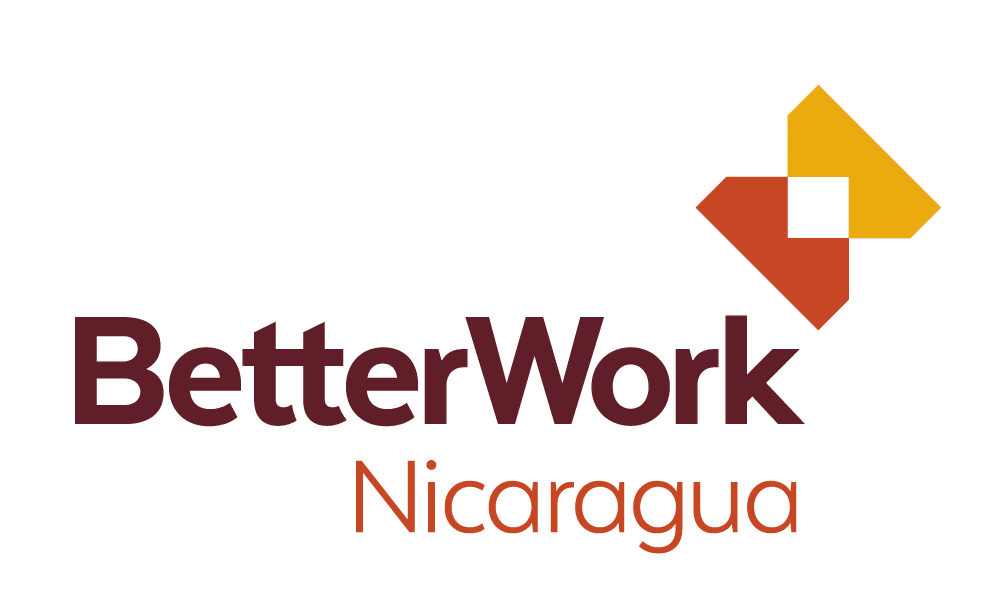Better Work Nicaragua
In operation since 2010, Better Work Nicaragua focused on improving the working conditions and competitiveness of Nicaragua’s garment industry. When the Government of Nicaragua requested to withdraw from the ILO in February 2025, it left the future of Better Work in the country uncertain. While the ILO remains committed to enabling decent work in the sector, Better Work operations in factories in Nicaragua have ended.
Better Work Nicaragua has contributed to significant progress of the compliance performance of the garment industry through a combination of advisory services, training, and industry seminars between compliance assessments.
The programme expanded opportunities for decent work on the factory floor as well as strengthened public policies, institutions and practices at the national level. As part of its commitment to addressing discrimination, particularly based on gender, the programme has embedded gender equality throughout its operations. There is strong evidence highlighting that factories make improvements as they become more mature in their participation in the programme, as evidenced by declining non-compliance with ILO labour standards and national labour law in the areas of contracts, occupational safety and health and working time.
In its final phase, Better Work Nicaragua aimed to continue to support individual factories but also strengthen the capacity of tripartite constituents. Better Work continues to explore opportunities in the region building on the successes of the intervention in Nicaragua, in particular, the programme’s gender-transformative approach.
